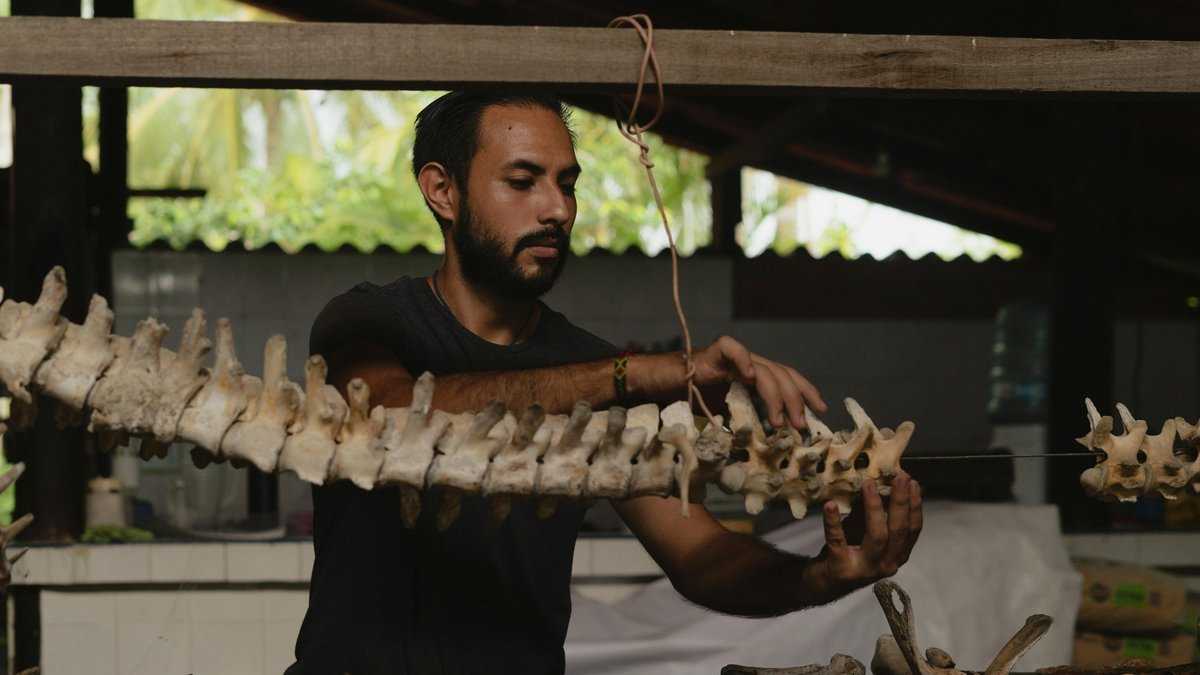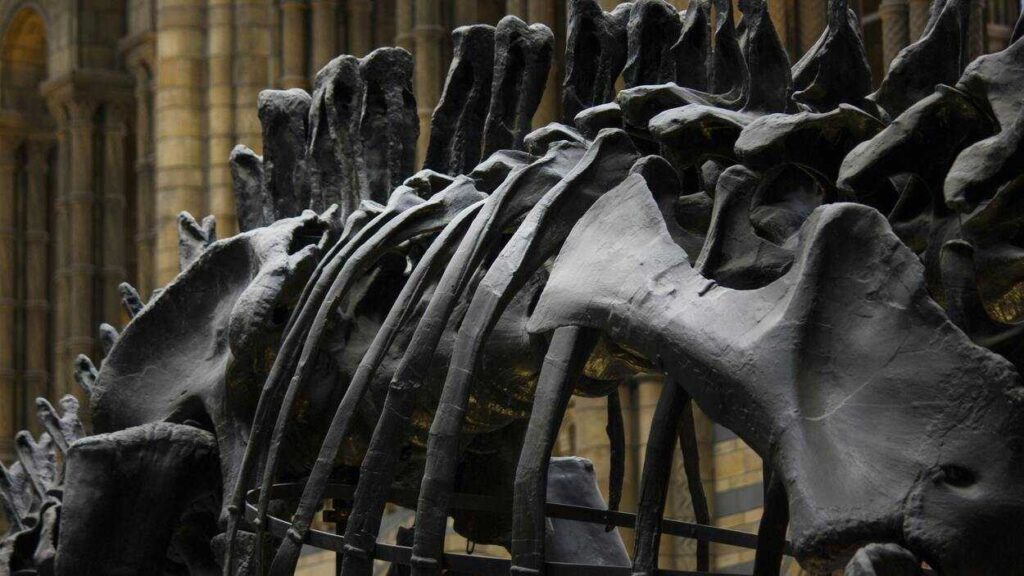Science
Traces of a Great Martian Lake: Did Life Once Thrive There?
12 February 2026

In the jaw of a 70-million-year-old dinosaur, scientists have unearthed traces of a tumor and remarkably preserved soft tissue fragments. This astonishing discovery reveals that the bones of extinct animals may hold crucial information beneficial in the ongoing fight against cancer, including the forms affecting humans today.
At first glance, dinosaurs and modern medicine seem to belong to entirely different worlds. Yet, studying the fossils of these prehistoric creatures can provide invaluable insights that may aid in the fight against one of the most serious diseases of our time. They demonstrate that even after millions of years, soft tissues can hold knowledge crucial for contemporary oncology and assist in cancer treatment.
An international team of researchers from the UK and Romania examined the remains of the dinosaur Telmatosaurus transsylvanicus. This animal lived during the Late Cretaceous period and was a herbivorous hadrosaur. Not only bone fragments were discovered in its jaw, but also a tumor and traces of red blood cells. It is thanks to these findings that new research has begun, which could help in cancer treatment.
Through high-resolution microscopy, scientists observed structures resembling erythrocytes located near the tumor. This tumor is an ameloblastoma, a type of cancer also known to modern medicine. However, it was not the cancer cells themselves that caused the greatest stir. The preserved soft tissues astonished the researchers. Until now, it was believed they had no chance of surviving so many millions of years.

Read more: The Mysterious Allure of Fear: Why Our Brains Crave Scary Experiences
“Unlike skeletal structures, soft tissues contain proteins that provide information about the fundamental biological mechanisms of diseases,” explains Professor Justin Stebbing from Anglia Ruskin University, one of the study’s authors, in an interview with Science Alert.
The research may help answer the question of how neoplastic diseases developed over millions of years. Large, long-lived animals such as elephants and whales have developed protective mechanisms against cancer. Dinosaurs might have possessed similar abilities. If these can be deciphered from the preserved tissues, it would be a breakthrough. They could potentially aid in developing new methods of cancer treatment.
“Our research into cancer in dinosaurs, using rarely employed techniques, paves the way for further discoveries that could bring concrete medical benefits,” emphasizes Stebbing.
For such precise analyses to continue, appropriately stored samples are essential.It is already known that proteins, especially those present in calcified tissues like bones, are more resilient than DNA. This makes them exceptionally valuable material for studying ancient diseases. Therefore, the conservation of fossils becomes no less important than their discovery.
However, if future generations of scientists do not have access to well-preserved specimens, the future of cancer research in dinosaurs and other prehistoric animals will be jeopardized. “Long-term conservation efforts need to be coordinated to ensure access to specimens suitable for state-of-the-art molecular studies,” adds the scientist.
Dinosaurs did not know the word “cancer,” but their bodies may speak more than we ever suspected. By studying cancer in dinosaurs, we journey back in time to better understand contemporary threats to human health. Perhaps it is time to view these prehistoric beings not just as relics of the past, but also as allies in the fight for the future of cancer treatment.
See also: Scientists Genetically Modify Spiders: They Glow and Weave Extraordinary Silk